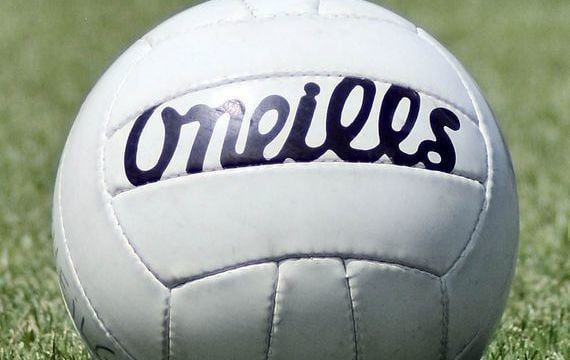Ireland's Ladies Gaelic Football Association (LGFA) will allow transgender women and children to apply to play the sport in a new policy that has received a mixed response.
The LGFA's Transgender Policy, ratified on February 15, applies to all Trans-women over the age of 12 who seek to play or continue playing Ladies Gaelic Football.
As part of the policy, Trans-women over the age of 12 are required to complete one of three application forms, divided into age groups 18 and over, 16 and 17, and over 12 but under 16.
The LGFA says that Trans-women are eligible to play at all levels of the LGFA, both club and county, provided that the Trans-woman complies with the organization's rules, by-laws, and policies, and has not been the subject of any decision by the LGFA Transgender Risk Committee (‘TRC’) with regard to any unacceptable risk arising.
Each of the application forms requires confirmation from a General Practioner or suitably qualified practitioner that the applicant has transitioned or is transitioning from male to female.
For applicants 16 and over, a medical professional must confirm that the applicant's total testosterone level in serum during the previous 12 months is equal to or less than 10 nanomoles per litre (nmol/L).
Applicants aged 16 and over can also provide a Gender Recognition Certificate if they so choose.
The LGFA announced a review of its transgender policy last August after a referee and coach raised concerns about a transgender player taking part in a junior shield final in Dublin.
Giulia Valentino, the player in question, was playing for Na Gaeil Aeracha, the GAA's first LGBTQ+ team, in a shield final against Na Fianna last August, prompting the male referee to stop the game and tell Na Gaeil Aeracha that there was a "problem" with their number 21, adding that the player was a man.
A number of social media users falsely claimed that Valentino scored two goals and nine points in the game. In fact, she did not score.
The LGFA said its new policy was the result of a "lengthy and detailed consultation process, which took into consideration worldwide international practice and legal advice."
The policy is almost identical to a policy previously adopted by the Irish Rugby Football Union (IRFU), which also set a testosterone limit of 10 nanomoles per liter for trans players. However, the IRFU later abandoned the policy after receiving guidance from World Rugby.
The LGFA's new policy has proved unpopular among some members and players, including 39-year-old Danielle Loughrey, who has threatened to quit the sport over the policy.
Loughrey, who is PRO for the Donegal County Board, claimed there was no consultation process and further claimed that the LGFA had failed to take player safety into account.
"The testosterone levels stick out a mile. It’s a massive allowance. Studies out there show transwomen, even with hormone suppression over three or four years, their baseline strength is still greater than what a female starts with," Loughrey told the Irish Independent.
"To me this is dangerous. Clubs and county boards are encouraging teams not to use younger girls in women’s matches because it’s dangerous but now they want transgender women to take part?"
Máirtin Flannery, who referees LGFA games in Mayo, said he believed some women could be "seriously injured" as a result of the new policy.
On the other hand, BelongTo, which promotes LGBTQ+ inclusion in sports, criticized the policy because it "presents significant barriers for the inclusion of trans women" in the LGFA.
"This policy sends a message to trans women and girls, their families, and allies that they are not welcome in ladies' football. The policy does not align with LGFA's values which include pride, inclusiveness, integrity, and respect and we urge them to reconsider this policy.
BelongTo was referring to the policy's requirement that all trans players submit an application to the Transgender Application Committee, which can prevent a transgender woman from taking part in the sport if it is made aware of "an unacceptable risk."




Comments